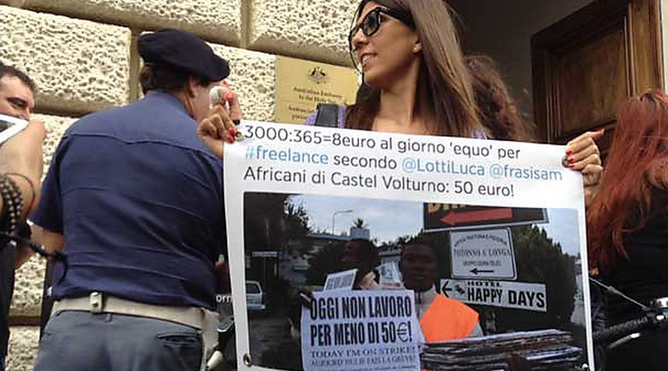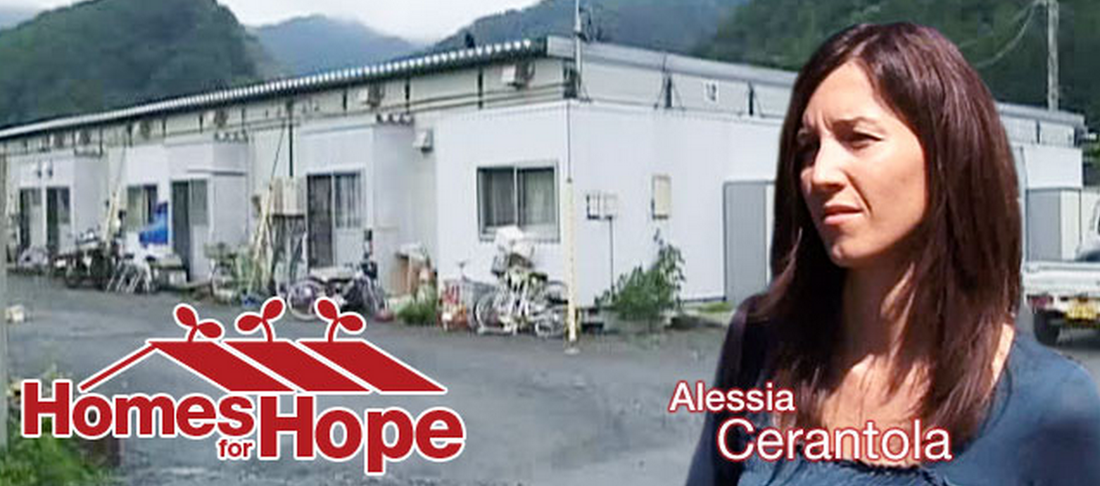|
ROME, July 25 (Xinhua) -- Japanese Prime Minister Shinzo Abe's 11-day tour of Latin American countries highlights military strategy purposes, Alessia Cerantola, cofounder of Investigative Reporting Project Italy (IRPI), an association of investigative journalists based in Italy, told Xinhua on Friday.
"Abe's search for a reshape of Japan's own security identity is one of the reasons behind this trip," Cerantola, a journalist focusing on Japanese issues, said. "The success in convincing his Cabinet to change the pacifist interpretation of Article 9 of the Constitution by the end of last Diet session in June gave him strength," she pointed out. In her view, "Abe is now able to better fight to redefine the strategic role of Japan in the world." Cerantola noted that despite the unlikeness or extreme difficulty of the mission, the Japanese prime minister was "trying to convince Latin American countries to support Japan for a permanent seat in the UN security Council." "Economic arguments will also be at the heart of the debate and tightly related to diplomacy," she said. "But business meetings coming soon after the visit of Chinese President Xi Jinping to the same region sound like a bad timing, even if intentional, and could make it harder for Abe to obtain the expected results," she elaborated.
0 Comments
Two and a half years after the Great East Japan Earthquake, all kinds of recovery efforts are still going on in the stricken areas.
This is the third time for Italian journalist Alessia Cerantola to visit the Tohoku region since the disaster. She started gathering information for an Italian newspaper immediately after the earthquake. Continue reading here. Italian journalist Alessia Cerantola is visiting the Tohoku region for the third time since the 3.11 disaster.
Continue reading here.  (by Alessia Cerantola for BBC College of Journalism) It took years to reach an agreement on how much freelance journalists in Italy should be paid. But the approved law, heralded as a milestone by the government and the national union of journalists (FNSI) - the only substantial organisation for journalists - disappointed freelancers and external contributors as well as the National Order of Journalists (ODG), the state-approved organisation which regulates Italian journalism. The discontent burst into flames with a street protest in Rome on 8 July, along with the launch of a Twitter attack under the hashtag #stopfnsi. In an online petition on Change.org, journalists asked for the withdrawal of the law and the resignation of the union's president. The organisation Youth Press Italia announced the cancellation of this year's Youth Media Days, a popular annual festival dedicated to young journalists in Naples. But without success. The new law called “fair salary” (equo compenso) establishes a minimum wage for radio, video, print and web journalists who are members of the ODG but work without regular contracts. It states, for example, that a minimum of 144 articles of at least 1,600 characters each, written during the course of one year for the same daily newspaper, should be paid a total gross amount of no less than 3,000 euros (250 per month, about 20 euros per piece). Photos and videos provided with the story might increase the amount by between 30% and 50%. A minimum of six stories for a single local radio and TV station would be valued at no less than 3,000 euros per year. If the minimum is not reached, the rate is not necessarily applied. Finally, it specifies that journalists have to cover all their own costs in relation to the reporting process. |
Archives
August 2023
|


 RSS Feed
RSS Feed
